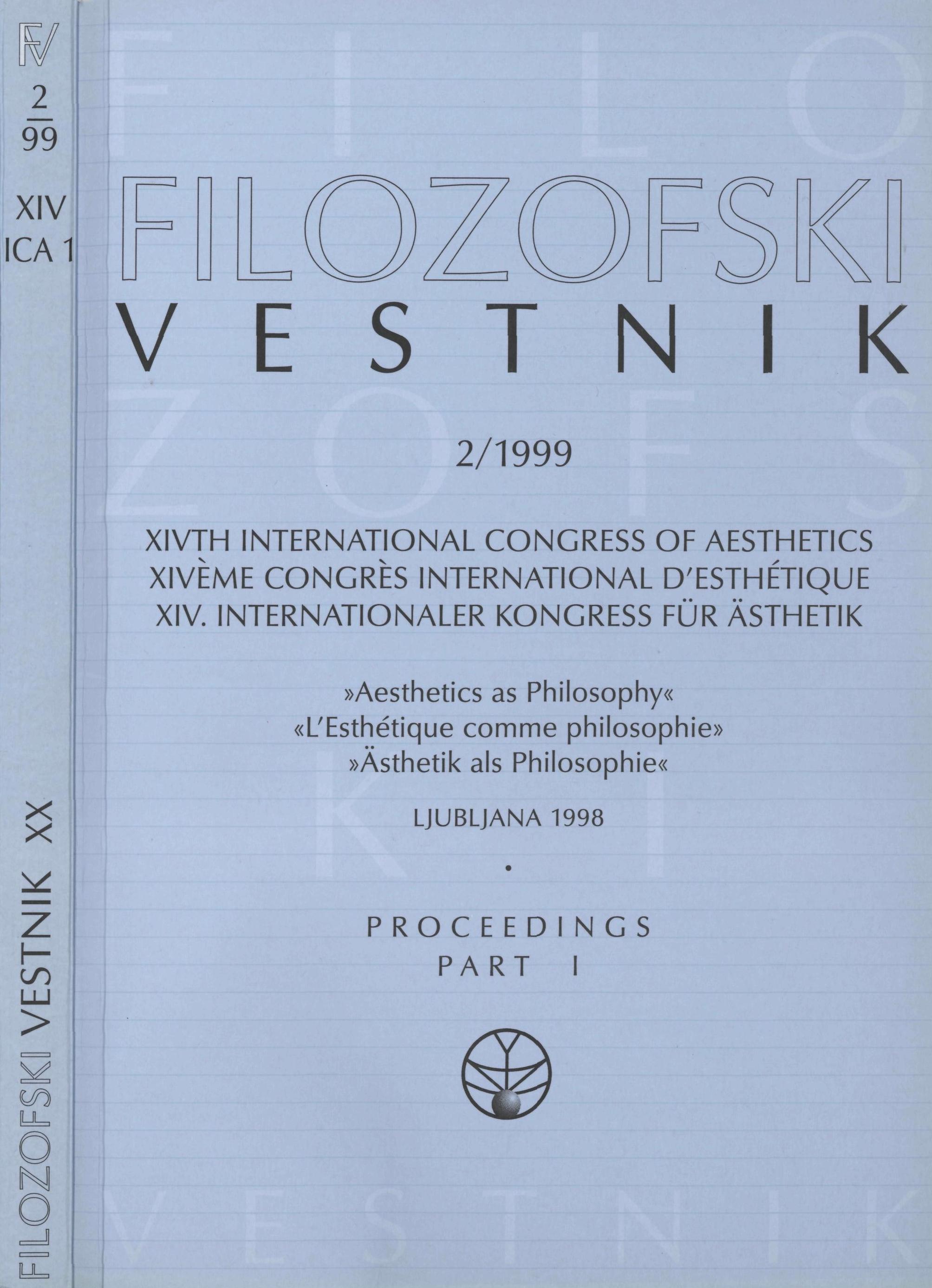The Virtual-Image and the Real-Time Interval
Povzetek
One could argue that virtual reality and cyberspace are merely fashionable passwords to contemporary culture; however, this paper takes the position that addressing questions of virtuality may enable a fuller understanding of some of the changes which deeply affect the notion of aesthetics today. Issues such as the nature of the human being, the difference between reality and the real, and those of the changed parameters of space and time, seem to be not only more deeply, but above all, differently questioned by the theme of virtual reality with its postulated construction of perfect, simulated environments. In the present paper I explore the changes in the space-time paradigm produced by cyberspace and virtual reality. The essential point to grasp is that all of these paradigms or concepts of space in the sphere of the visual are related to a broader context of conceptions of time and space and the subject within them. To understand the significance of a shift in the space-time paradigm, I propose a mapping out of a (historical) discursive timeline; to interpret the results of changes in the time/space paradigm, and in its experiences and sensations, as produced by the various technologies of the moving and digital images, e.g., photography, the film apparatus and virtual reality. To do so, I first make use of two paradigms, or time models, developed by Gilles Deleuze in the eighties in two books: The Movement-Image (1983) and The Time-Image (1985). Afterwards, I am proposing the third image – the virtual-image. What occurs here is, first and foremost, the reversal of the Deleuzian established basic relation of time and space: instead of the spatial rendering of time (i.e., time through space) we experience in the cinematic image, my thesis is that in the virtual-image, space is rendered through time.Prenosi
Podatki o prenosih še niso na voljo.
Prenosi
Objavljeno
2016-01-26
Kako citirati
Gržinić, M. (2016). The Virtual-Image and the Real-Time Interval. Filozofski Vestnik, 20(2). Pridobljeno od https://ojs.zrc-sazu.si/filozofski-vestnik/article/view/4071
Številka
Rubrike
Articles
Licenca
Avtorji jamčijo, da je delo njihova avtorska stvaritev, da v njem niso kršene avtorske pravice tretjih oseb ali kake druge pravice. V primeru zahtevkov tretjih oseb se avtorji zavezujejo, da bodo varovali interese založnika ter da bodo povrnili morebitno škodo.
Podrobneje v rubriki: Prispevki





